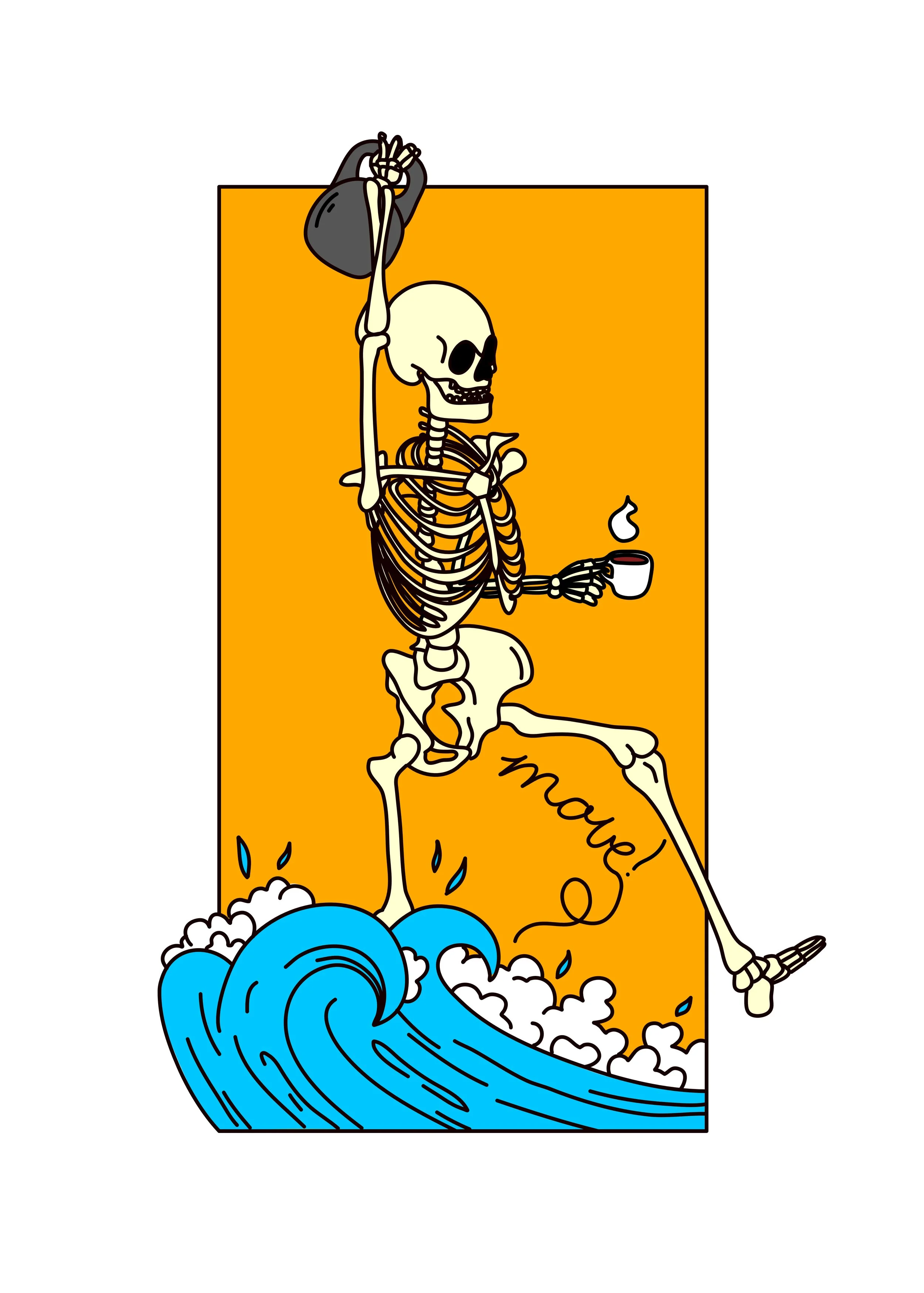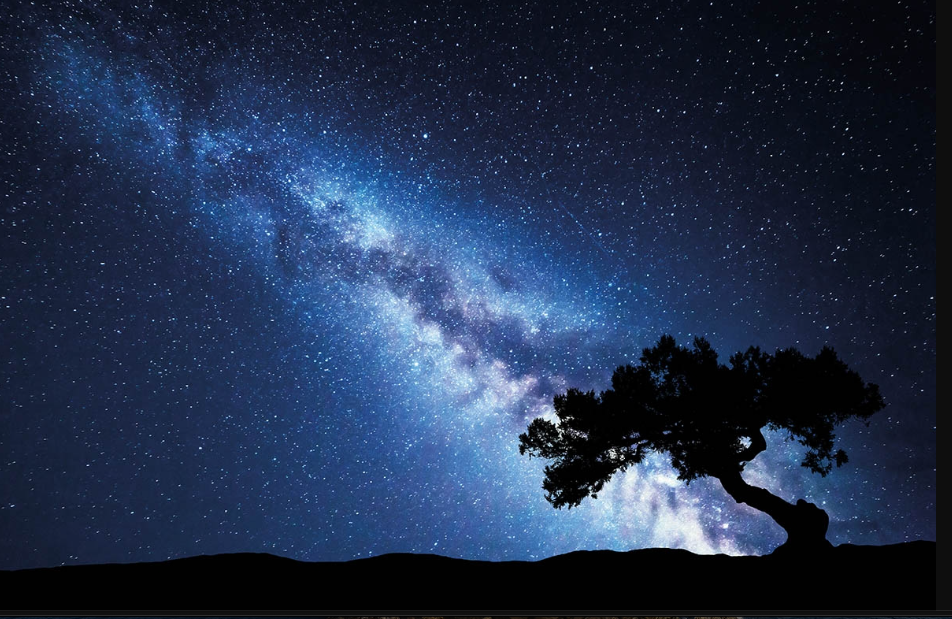Your Highest Self.
In this post, I’ll continue to unpack this idea but focus primarily on the concept of the “highest Self” - its place in different historical/religious contexts, its modern day interpretation, and its importance to the human condition.
Let’s begin with a definition.
For this discussion, we can think of our highest Self as the person we aspire to be - one who is healthy, virtuous, joyful, and in service to others.
The journey to the highest Self is what is often referred to as “self-transcendence” - moving beyond our ego (our “small’ self) to a worldview that prioritizes care for others and a connection to something greater.
As highlighted in the last post, organized religion has served as a vehicle for this process of self-transcendence for thousands of years, prescribing various methods to elicit the full expression of our divine nature.
This full expression of our divine nature (the highest Self) is what some religious scholars call the “Sacred Second Self”, described by French theologian Henry Corbin as our “true personality, our god within, the indwelling Divine Presence that’s both a guide and a heavenly twin.”
Whether it’s “realizing our Buddha nature”, manifesting the “divine spark” of the pleroma, or St. Paul affirming that “It is not I who lives, but Christ Who lives in me”, we can find parallels of the Sacred Second Self from Buddhism to Neoplatonism to Gnosticism to to Islam to Christianity, etc.
The Sacred Second Self is in my estimation the greatest gift of a religious framework - instilling the belief that we each possess a piece of the divine that beckons us to our potential fullness.
This “gift” of religion, more specifically the “gift” of the journey to self-transcendence, is a long studied topic in developmental psychology.
Modern research has shown that moving on a path to self-transcendence drastically improves our own well-being, helping us not only cope with the inherent challenges of the human condition, but heal from them and flourish.
With this in mind, researchers have also been interested in exploring “pathways” to self-transcendence outside of strictly a religious context, or in the words of David Yaden:
“The experiences where the subjective sense of one’s own self as an isolated entity can temporarily fade into unity with other people or one’s surroundings.”
Paul Wong, one of my favorites in the field of existential and positive psychology presents three of these helpful “pathways’ for self-transcendence;
Seek “situational” meaning - emphasize a mindful/present approach to daily life and consistent awareness of both our inner and outer environment.
Seek your “calling” - pursue a mission, vocation, or purpose aimed at serving the greater good. This can/should draw upon the uniqueness of your talents, personal temperament, and experiences.
Seek “ultimate” meaning - look beyond the physical limitations of the human experience, beyond space and time, to a transcendental realm.
As with the last few posts, the takeaway of this one is that the belief in the highest Self is more important than the exact recipe for its expression.
You can call it self-transcendence, you can call it your Highest Self, or you can call it your Soul, what is most important is that people believe they are worthy of the effort in expressing it.
“The very nature of being human involves the need to seek and create meaning. It is what it means to be human. In order to survive, even flourish, that is to be fully human, we must make sense of our existence in the world.” - Viktor Frankl

